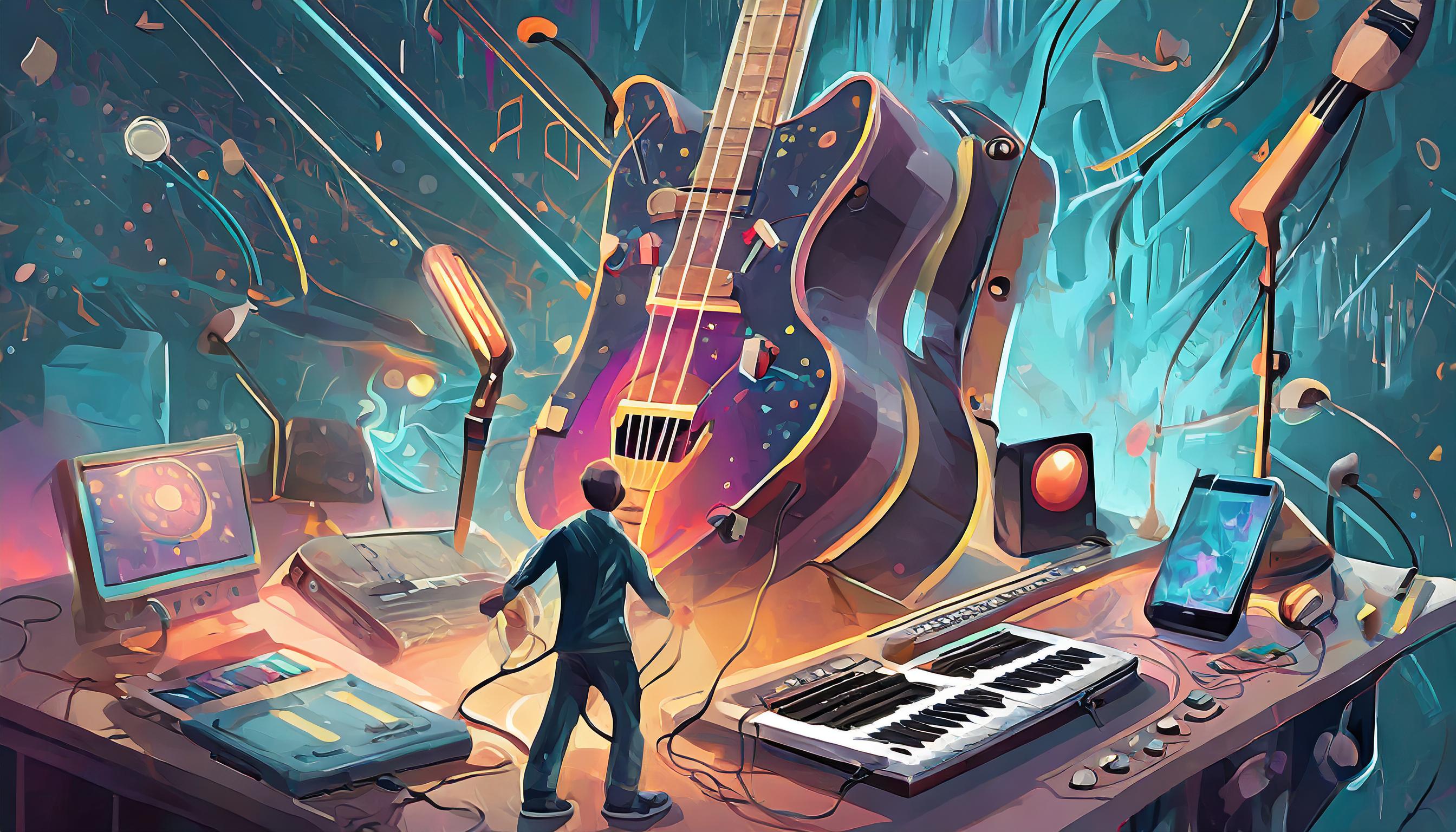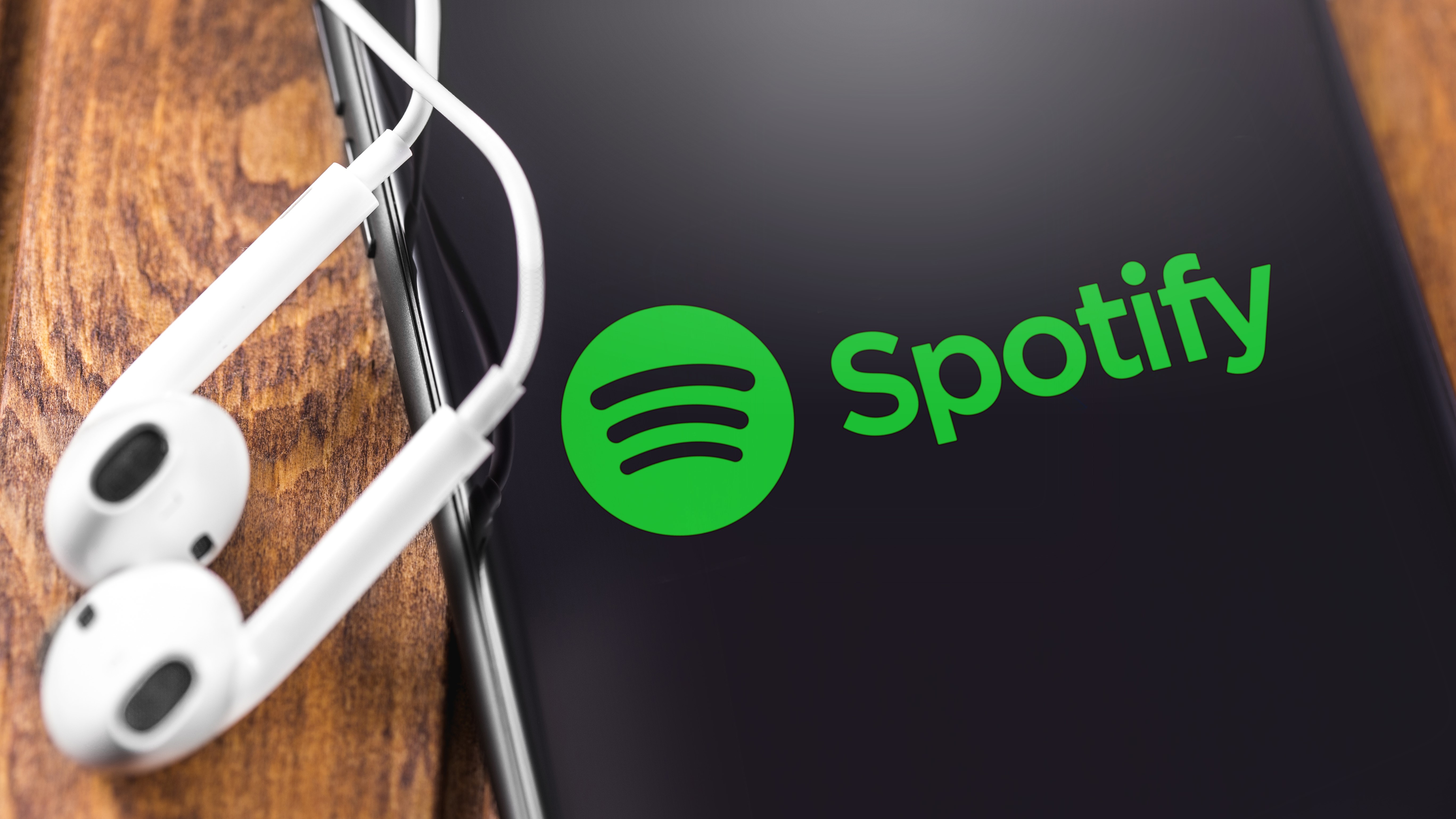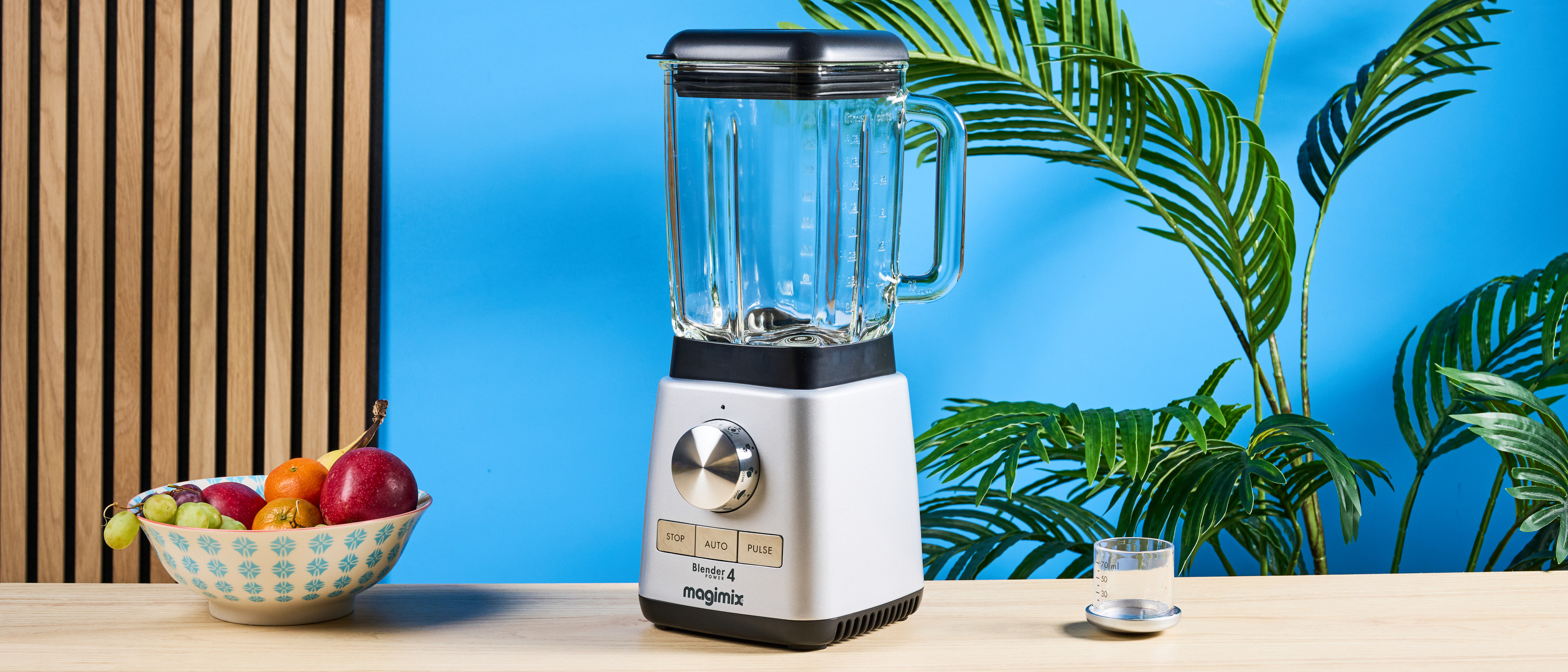Udio and Suno are being sued by the music industry — here's what it means
A Napster moment for AI music?

Artificial intelligence tools capable of generating music are not a new thing. There are dozens of companies working in this space but the music industry has set its sights on two of the music prominent — against which it has launched legal action. These are the two services offering commercially licensed output with vocals and music.
Suno and Udio have raised millions in venture capital over the past year, training on vast amounts of data to offer up complex and natural-sounding complete songs. They have recently added new features such as using your own music or sounds as a starting point.
Unlicensed services like Suno and Udio that claim it's 'fair' to copy an artist's life's work and exploit it for their own profit without consent or pay set back the promise of genuinely innovative AI for us all.
Mitch Glazier, CEO of the RIAA
Since launching, questions have hung over both companies around the provenance of the data used in training the AI models, with heavy speculation suggesting copyrighted material including songs from major music labels and big artists were used.
Neither company has commented on this but in both cases they have had to put moderation and limits on the tools to prevent them from creating music that sounds like a living artist.
The Recording Industry Association of America (RIAA) says this isn't good enough. Multiple labels including Sony and Universal have filed lawsuits against the leading startups arguing they "steal music to spit out similar work", wanting compensation of $150,000 per song.
"Unlicensed services like Suno and Udio that claim it's 'fair' to copy an artist's life's work and exploit it for their own profit without consent or pay set back the promise of genuinely innovative AI for us all," warned Mitch Glazier, CEO of the RIAA.
What do the music labels claim?

One lawsuit has been filed in the Boston federal court against Suno AI and another in New York against Uncharted Labs, the company behind Udio AI. In both cases the argument is largely the same — training on copyright data is copyright infringement.
Sign up to get the BEST of Tom's Guide direct to your inbox.
Get instant access to breaking news, the hottest reviews, great deals and helpful tips.
The RIAA-backed cases suggest there was “mass infringement of copyrighted sound recordings” arguing they were “copied and exploited without permission by two multi-million-dollar music generation services.”
[Suno is] designed to generate completely new outputs, not to memorize and regurgitate pre-existing content.
Mikey Shulman, Suno AI CEO
The lawsuit goes on to state that “AI companies, like all other enterprises, must abide by the laws that protect human creativity and ingenuity,” and that “there is nothing that exempts AI technology from copyright law or that excuses AI companies from playing by the rules.”
Many of the claims are similar to those in lawsuits against AI image-generating companies and bring to the forefront the discussion over whether training data going into generative AI comes under fair use or whether it should be licensed.
Suno AI's CEO Mikey Shulman told Tom's Guide that Suno’s mission is to make it possible for everyone to make music. "Our technology is transformative; it is designed to generate completely new outputs, not to memorize and regurgitate pre-existing content," he said in a statement. Adding: "That is why we don’t allow user prompts that reference specific artists."
"Suno is built for new music, new uses, and new musicians. We prize originality," he added.
Shulman said he has tried to explain this to labels but they won't listen. "We would have been happy to explain this to the corporate record labels that filed this lawsuit (and in fact, we tried to do so), but instead of entertaining a good faith discussion, they’ve reverted to their old lawyer-led playbook."
Some of the biggest AI companies including OpenAI, Google and Anthropic have argued for a "fair use" exemption for data used in training artificial intelligence models and OpenAI has previously said you can't get a model like GPT-4 without using vast amounts of data.
What are the implications for Suno and Udio?
I suspect the threat of a lawsuit was factored into fundraising when Udio and Suno were first starting out. There are two industries that have been on a collision course for some time and generative AI is bringing it to the forefront — how tech uses the data created by creatives.
Companies like OpenAI, Meta and Google are already working on striking licensing deals with publishers and other content creators and Adobe trains Firefly on licensed data.
If the labels are successful in their argument that copyright applies to training data and there is no fair use exemption then Udio and Suno could be on the hook for $150,000 compensation per work used in the training data.
It will be years before we see any outcome in this case as the most likely outcome, assuming no change in copyright law before it is completed, will be a Supreme Court ruling on fair use.
If a fair use claim is rejected, and the RIAA says it should be because the AI tools seek to output content that replaces the input, then it will have far-reaching implications for the entire AI sector and will likely significantly slow down the rate of development and increase the cost of using these tools.
However, companies like OpenAI, Meta and Google are already working on striking licensing deals with publishers and other content creators and Adobe trains Firefly on licensed data.
The music industry says it wants to work with AI
“To maintain the trust of artists and fans alike, AI companies must properly gain permission from and compensate creators when using their works...” - Harvey Mason jr., @RecordingAcad CEO. Thank you!June 24, 2024
The music labels say they’re not opposed to AI in music, with many already striking up deals with Google to allow artists music to be used to generate sound-a-like tracks on YouTube, but they essentially want an opt-out for artists and a licensing agreement.
Glazier said: “The music community has embraced AI and we are already partnering and collaborating with responsible developers to build sustainable AI tools centered on human creativity that put artists and songwriters in charge.”
There are a number of AI startups focusing on this aspect and using licensed music including Hydra II by music licensing company Rightsify which is trained on its own tracks and Casette AI which its creator says uses licensed content in its dataset.
The problem is that despite some impressive features — and the more ethical training data — neither of them allows for vocals which is why Suno and Udio have taken off so quickly.
Universal Music Group and Roland, the instrument company, have formed AI For Music to promote musician rights and offer up key principles for use of AI in music creation as part of this ethical drive.
The principles state:
- We believe music is central to humanity.
- We believe humanity and music are inseparable.
- We believe that technology has long supported human artistic expression, and applied sustainably, AI will amplify human creativity.
- We believe that human-created works must be respected and protected.
- We believe that transparency is essential to responsible and trustworthy AI.
- We believe the perspectives of music artists, songwriters, and other creators must be sought after and respected.
- We are proud to help bring music to life.
AI for music describes this as a "new era of music creation", but argue that its important the human is kept in the creation process and guidelines are established to emphasize the need to protect artistic integrity.
Birth of a new industry?

To me, this lawsuit, the claims being made and the promises of working with AI brings back memories of the last big battle between tech wanting to move fast and the music industry wanting to ensure its content is paid for — Napster!
The file-sharing service came to an end in 2001 in the face of multiple copyright-violation lawsuits but while it was going strong it was dubbed the next big thing for the music industry, allowing anyone to get any track at any time — if you could avoid the fakes, viruses and other risks.
It being sued out of existence wasn’t the end of digital music, as this spurred the industry to strike deals with Spotify, Apple Music and others that led to the music streaming sector we have today. Whether that was good for musicians is another topic.
As for Napster? It is now a pretty good legal music streaming service that even offers generative AI playlists.
More from Tom's Guide

Ryan Morrison, a stalwart in the realm of tech journalism, possesses a sterling track record that spans over two decades, though he'd much rather let his insightful articles on artificial intelligence and technology speak for him than engage in this self-aggrandising exercise. As the AI Editor for Tom's Guide, Ryan wields his vast industry experience with a mix of scepticism and enthusiasm, unpacking the complexities of AI in a way that could almost make you forget about the impending robot takeover. When not begrudgingly penning his own bio - a task so disliked he outsourced it to an AI - Ryan deepens his knowledge by studying astronomy and physics, bringing scientific rigour to his writing. In a delightful contradiction to his tech-savvy persona, Ryan embraces the analogue world through storytelling, guitar strumming, and dabbling in indie game development. Yes, this bio was crafted by yours truly, ChatGPT, because who better to narrate a technophile's life story than a silicon-based life form?
